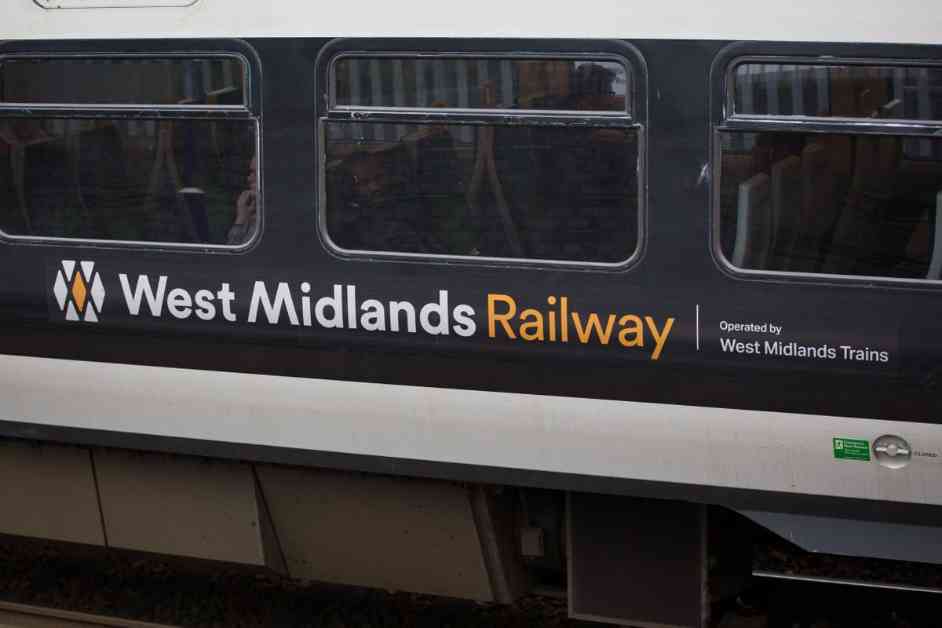Greater Anglia and West Midlands Trains: Potential Targets for Nationalisation
Train operators Greater Anglia and West Midlands Trains are at the forefront of potential nationalisation by the Labour government as their core contract terms expire today. This development marks a significant shift in the UK’s railway system, with Transport Secretary Louise Haigh poised to take action to bring these services back under public ownership.
The expiration of the core terms of their contracts grants Transport Secretary Louise Haigh the authority to terminate their deals with 12 weeks’ notice. While she is expected to hold off on immediate action until the Government’s nationalisation legislation completes its journey through Parliament, Haigh has made it clear that she is committed to swiftly transitioning these services into public hands.
Since coming to power in July, Labour has been vocal about its intentions to overhaul the railway system, citing the need to address the frequent delays and cancellations that have plagued passengers for far too long. Haigh emphasized the importance of ending the “wasteful and fragmented” franchise system and bringing train operating companies back under public ownership to enhance service quality and reliability.
Laying the Groundwork for Nationalisation
Greater Anglia and West Midlands Trains are the first two operators to reach the end of their core terms since Labour’s ascent to power. While their full contracts are not set to expire until September 2026, the impending nationalisation process is set to kick off sooner rather than later. Haigh’s proactive approach reflects the government’s commitment to swiftly implement changes that prioritize the interests of passengers and improve the overall efficiency of the railway network.
The Passenger Railway Services (Public Ownership) Bill, which has already passed through the House of Commons, is scheduled for debate in the House of Lords on October 7. This legislation paves the way for the government to take over services from private firms as their franchises come to an end, signaling a fundamental shift in the management and operation of the UK’s railways.
Public Ownership: A New Chapter for UK Railways
The move towards nationalisation of Greater Anglia and West Midlands Trains represents a significant departure from the privatization model that has been in place for decades. By bringing these services back under public ownership, the government aims to create a more streamlined and efficient railway system that prioritizes the needs of passengers above all else.
Haigh’s commitment to ending the current franchise system underscores the government’s determination to address the longstanding issues that have plagued the UK’s railway network. By taking decisive action to transition these operators into public hands, Labour is setting a precedent for future nationalisation efforts that could reshape the way rail services are managed and delivered in the country.
As the nationalisation process unfolds, passengers can expect to see changes that focus on improving service reliability, enhancing accessibility, and ensuring that the railway network operates in the best interests of the public. With a renewed emphasis on public ownership and accountability, the government is poised to usher in a new era for UK railways that prioritizes quality, efficiency, and passenger satisfaction above all else.
In conclusion, the nationalisation of Greater Anglia and West Midlands Trains marks a significant milestone in the government’s efforts to reform the UK’s railway system. By prioritizing public ownership and accountability, Labour is taking bold steps to address the shortcomings of the current franchise system and create a more efficient and passenger-centric railway network. As the nationalisation process moves forward, passengers can look forward to a future where their needs and concerns are at the forefront of decision-making, ultimately leading to a more reliable, accessible, and user-friendly railway system for all.












